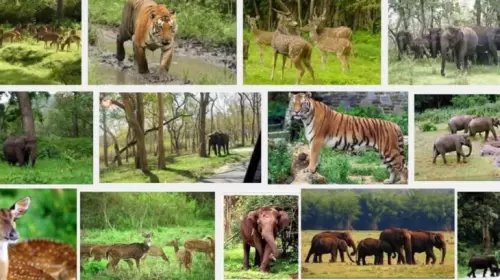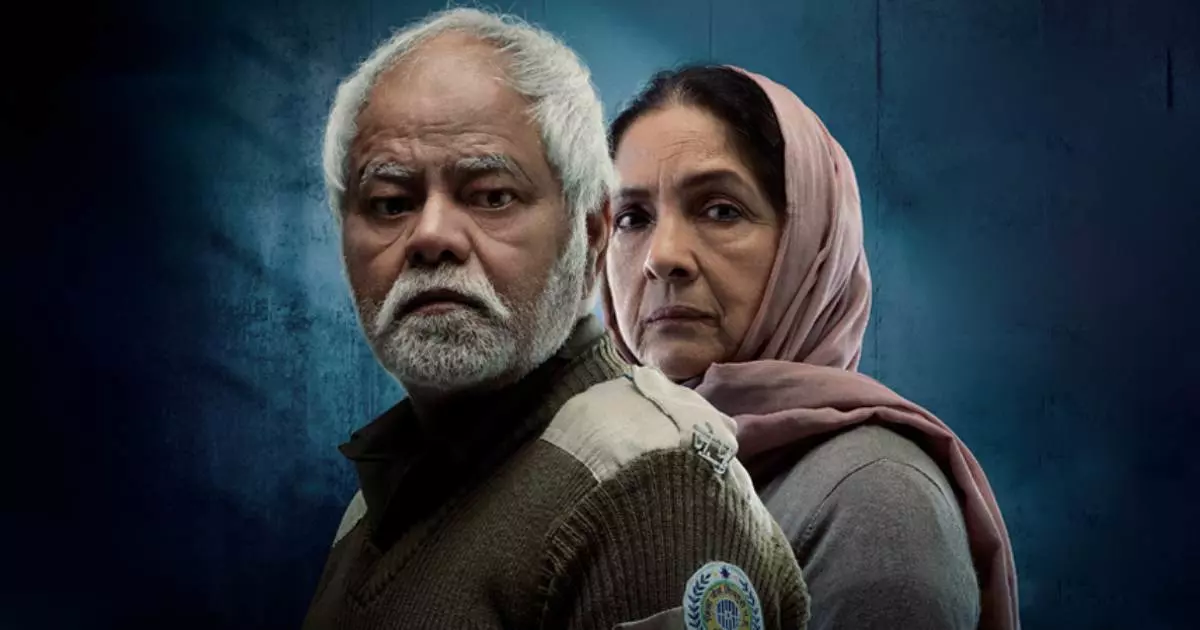Table of Content
In the midst of the battle against COVID-19, the government was in a race to grant forest and wildlife permits to companies keeping the environment at stake. On World Environment Day, we review some of the key decisions made recently by the Center and countries, putting the last remaining wildlife habitats at risk.
Despite the fact that India is facing a coronavirus, the Ministry of Environment is in a race to grant forest and wildlife permits to many major infrastructure and industrial projects. While the expert group meetings were canceled before the national blockade was imposed on March 24, many were held in April and May via video.
For projects with green clearances from the Ministry of Environment, Forests and Climate Change (MoEFCC) of the central government, it is necessary to obtain the approval of the expert groups: the National Wildlife Council (NBWL), the Forest Advisory Committee (FAC) and 10 expert evaluation committees (EAC). Once these committees recommend or reject green approval of the project, the Ministry of Environment makes the final decision, which is rarely reversed. Announcement While the ministry said that meetings are being held to clarify "proposals for continued economic growth during COVID-19", environmentalists and experts have criticized the procedure due to the current Coronavirus crisis, affected people cannot send evidence or declarations. In addition, expert committee members cannot conduct field visits, and laws governing green licenses do not contain any provisions to allow video conferencing.
On April 7 alone, at least 30 proposals affecting 15 tiger sanctuaries, sanctuaries, eco-friendly areas, wildlife corridors, and other forest areas were surveyed or discussed in virtual meetings by NBWL and FAC. Announced May 12, 291 conservationists, academics from leading wildlife research institutes, wildlife biologists, 12 former members of the National Wildlife Council (NBWL) standing committee, former branches of the Forest Advisory Committee (FAC) and academics from universities such as Colombia Yale, Michigan, Cambridge, and nonprofits, among others, wrote a letter to the Federation's Environment Minister, Prakash Javadikar, expressing concern about environmental permits for major projects in the middle of the closure.
“Since our protected areas (only 4% of the country's total geographic area) are the last remaining wildlife habitat in the country, granting a license for any proposed project within it should be a last resort. NBWL needs to validate the information provided by the project’s supporters including In this case the forest lands, notifications, maps, and orders approved by the court. The closure does not allow a fair assessment of 40% of the main proposals that need to be examined. " Former member of NBWL Kishore Reith. State governments have also approved many controversial projects.
.webp)





_1735214375.webp)









